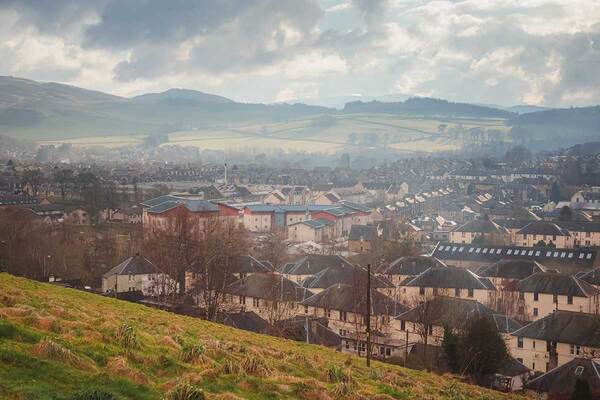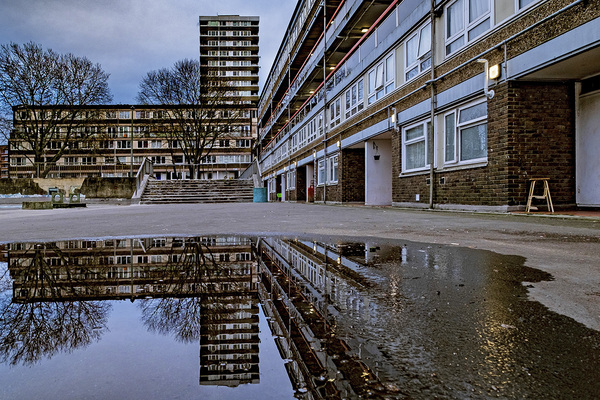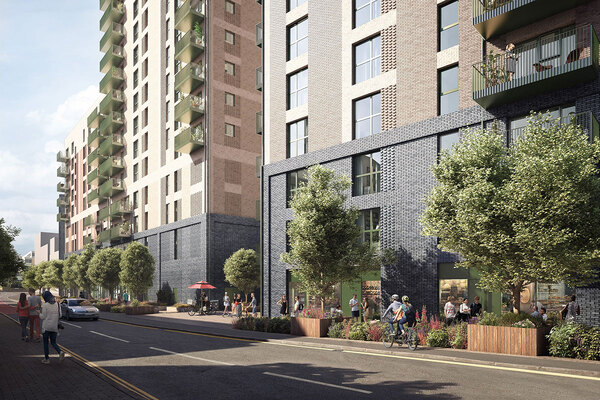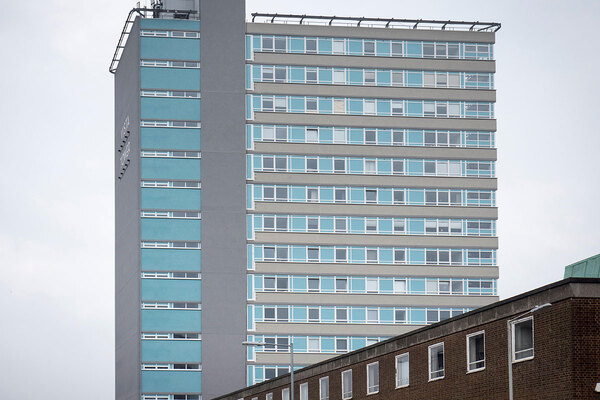Eight in 10 believe Scottish government should help pay for net zero home improvements
Over 80% of people in Scotland believe the devolved administration should cover some of the cost of improving the environmental standards of homes, a new poll has found.
A survey of 1,000 people, across all tenures, found that 82% of people believed the Scottish government should make some form of financial contribution, with over a third stating that the government should meet all costs.
Homeowners living in houses (rather than flats) are more likely to think the Scottish government should pay for all costs (38%, compared to an average of 31%). There were also differences by tenure type, with 36% of homeowners compared to 31% of renters in the private sector thinking the government should pay for all costs.
The survey showed the obstacles the Scottish government may face when it comes to reducing the carbon output of the country’s homes. The overwhelming majority (69%) of homeowners stated that they had no plans to replace their current heating system with a low, or zero-carbon alternative.
Homes across Scotland account for around 13% of emissions and will need to be made more energy efficient with the majority switching to low or zero carbon heating systems to meet the ambitious Scottish government target of becoming a net zero nation by 2045.
In July, research was published showing that the Scottish government’s energy efficiency target for social housing is set to cost housing associations £2bn.
The Climate Change Act 2019 stipulates that Scotland must reach net zero emissions by 2045, with interim targets of 75% by 2030. To meet the climate goals, the vast majority of homes need to be brought up to an Energy Performance Certificate (EPC) rating of ‘C’. Around a million homes are currently below that standard.
Commenting on the report, Shona Robison, cabinet secretary for social justice, housing and local government, said: “We are aiming for as many existing homes as possible to meet an energy efficiency rating of EPC Band C by 2030, with all being required to meet the standard by 2033.
“All homes must also install zero-emissions heating systems by 2045. I am pleased that 89% of social rented homes are already meeting the first Energy Efficiency Standard for Social Housing 2020 milestone. We must now build on this work as part of a national endeavour to end Scotland’s contribution to climate change.”
Ashley Campbell, policy and practice manager at the Chartered Institute of Housing Scotland, added: “If we are to meet the net zero carbon target by 2045, all of our homes, old and new, must be energy efficient and ready for low or zero-carbon heating.
“This is a massive challenge and our research has shown a clear need to engage with members of the public to inform them about new energy efficiency and heating requirements that are being introduced, how they will be expected to contribute and how they can access information and support.”
A report published earlier this month called for a greater collaboration between Scottish government and social landlords to achieve the net zero target. It stated that up to two million homes in Scotland will need to transition “from fossil fuel-based systems to low and zero-emissions systems such as heat pumps, heat networks and other technologies” by 2045 to meet Holyrood’s target.
Sign up for our Scotland newsletter
Already have an account? Click here to manage your newsletters












